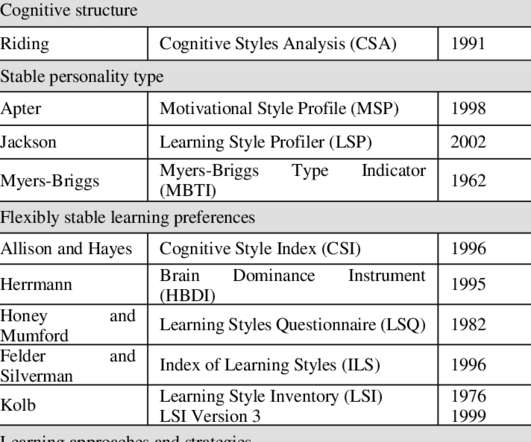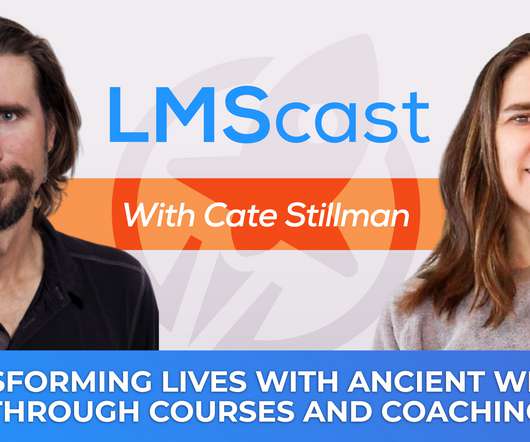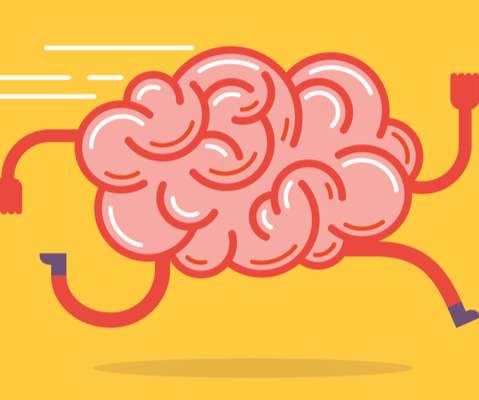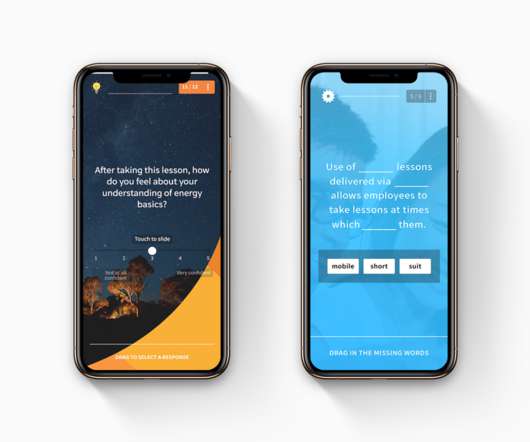The Crucial Role of Emotions and “Skilled” Intuitions in Learning
KnowledgeOne
MAY 22, 2024
This is the case of Mary Helen Immordino-Yang, Associate Professor of Education, Psychology and Neuroscience, in her book ” Emotions, Learning, and the Brain: Exploring the Educational Implications of Affective Neuroscience.”
























Let's personalize your content